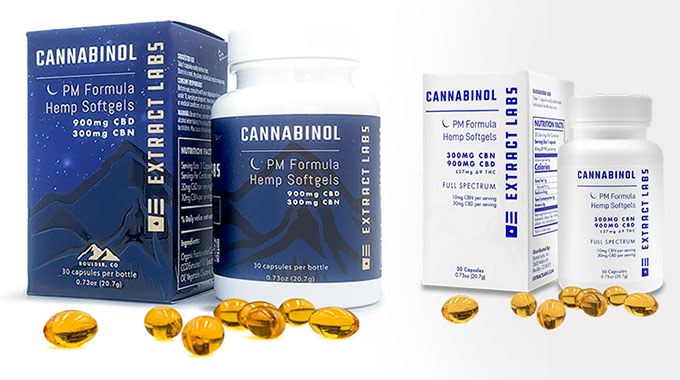Some synthetic cannabinoids such as dronabinol and nabilone are available by prescription in several states where medical marijuana is legal. These drugs contain higher doses of THC and have been shown to cause adverse effects, including acute psychosis with high dosages, among other problems with long-term use. CBC oil has been attributed to treating skin conditions and prevention of cancer.
Below is the role of cannabichromene oil in treating skin conditions and preventing cancer:
Possesses Anti Acne Properties
Cannabichromene (CBC) oil has been shown to treat acne. CBC Oil is thought to possess analgesic and antimicrobial properties that may help relieve various skin conditions such as dermatitis. Some research suggests that CBC oil has anti-acne properties that could potentially be helpful for those who suffer from acne vulgaris and other types of acne, including cystic acne.
Has Anti Inflammatory and Pain-Relieving Properties
CBC oil is a non-psychoactive cannabinoid found in the cannabis plant. Research shows that CBC oil possesses powerful anti-inflammatory and pain-relieving properties due to its high antioxidant content. While there has been little research regarding the effects of CBD on skin conditions thus far, many have taken to using topical preparations made from hemp seed oil as a remedy for acne and other inflammatory conditions of the skin such as eczema.
Used as an Anti-Cancer Agent
Cannabichromene oil has anticancer effects due to its interaction with other cannabinoids and receptors found in cancer cells. While further study is needed to determine the mechanisms through which CBC causes apoptosis in cancer cells, it seems clear that cannabichromene has significant potential for future cancer therapies due to its low toxicity profile compared to THC or even conventional treatments like radiation therapy or chemotherapy, which can cause significant side effects.
It is important to note that cannabidiol oil can have side effects. These effects may include dry mouth, lightheadedness, and changes in appetite. The side effects are usually mild compared to those associated with traditional treatments.





